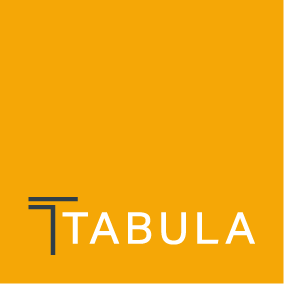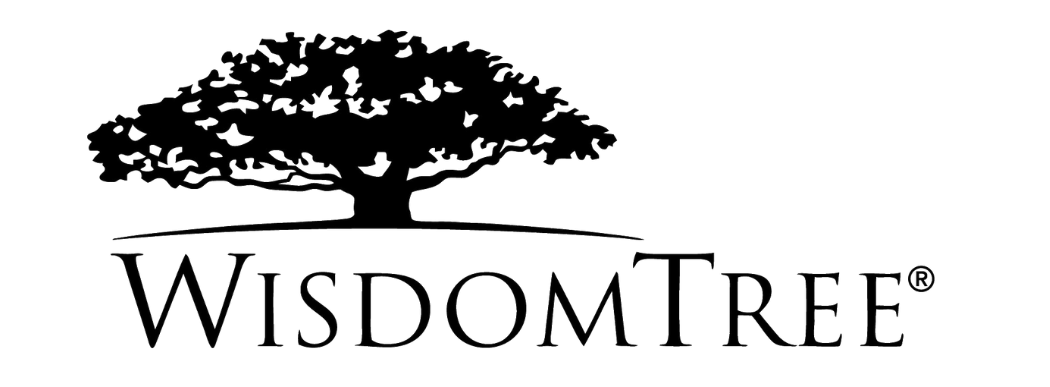European ETF issuers have intensified their focus on the Nordic region, with a number of firms recently bolstering their sales efforts in the region as they report increasing demand for their products from Nordic clients.
According to several sales professionals focusing on the region, there has been an increase in demand across the board, with wealth managers and the retail sector joining the institutional buyers.
Fredrik Nilsson, head of Nordics ETF business development at Invesco, said while historically the Nordic region has been “a very institutionally driven ETF market”, he is now “starting to see a growing number of requests and questions from the wealth and asset management segment as well”.
He added there is also “growing demand for ETF usage within the fintech/robo-adviser community in constructing model-based solutions for their allocations”.
Nilsson believes this uptick in demand is driven by a “regulatory need for increased transparency as well as continued fee pressure in this low yielding investment environment”.
Abdallah Muhammad, who is responsible for Nordic client coverage at fixed income ETF specialist Tabula Investment Management, added that the larger institutions in the region have been particularly quick to build ESG portfolios using ETF building blocks, which boosted demand in 2020.
This has been driven by a desire to “democratise their ESG policies”, making them accessible to a wide range of clients, while there has also been a general “shift in mindset” towards using ETFs as core holdings.
Local currency
Fuelled by this demand for ESG from the region, Tabula decided to create a Swedish krona (SEK)-hedged accumulating share class on its recently launched Tabula EUR IG Bond Paris-Aligned Climate UCITS ETF (TABE) alongside the euro-denominated share class, at a fee of 0.30% (5bps higher than the euro version).
Muhammad said the local currency share class is “crucial” for many Swedish clients and the move was a direct response to client demand in the region, coupled with the strong local demand for ESG. Other key players in the market, such as Lyxor and BlackRock, have also been launching SEK-hedged share classes on some of their ETFs.
However, according to Morningstar data, the market is yet to see a large increase in SEK-hedged share classes being made available to clients in the region, even though there has been some growth over the last couple of years. During 2019 and 2020, seven products with an SEK share class were launched globally, taking the total number available to 44.
The availability of local listings has also remained subdued, with TrackInsight reporting only a small increase in the number of ETFs domiciled in the Nordic regions from 14 products in 2014 to 19 in 2020. However, total AUM in Nordic-listed ETFs has more than tripled from $2.3bn in 2014 to $6.2bn in 2020, suggesting slow but steady growth.
Nilsson said: “We have seen several international competitors testing the appetite for local ETF listings but with limited success so far. We have therefore not decided to go down the path of local listings.
“Clients demand cost-efficient execution in the somewhat fragmented European exchange landscape, and we see many Nordic clients still choosing executions through the larger European exchange listings even if there is a local listing equivalent.”
However, Muhammad pointed out that while large institutions are more interested in a tight bid-offer spread than where the product is listed, there is a much more “meaningful difference” for retail investors because of the “inefficiencies of the wealth businesses across Europe”.
“If you are an UK investor trading on the London Stock Exchange (LSE) you get low trading cost, but on the Deutsche Boerse you get charged a lot more to trade,” he explained.
Innovative solutions
In terms of product demand, innovation is key in the Nordic region with clients embracing thematic solutions, gold ETCs and other isoteric strategies. Nilsson said Invesco has recently “seen good traction across our innovative product line including blockchain as well as our CoCo bonds ETF, which just reached the $1bn milestone”.
Ravinder Azad, head of UK and Nordic sales at WisdomTree, noted that 2020 was “the breakout year for thematic equity strategies”, with a record €9.5bn flowing into European-domiciled thematic ETFs in 2020. He predicted this trend would continue in the Nordic region in 2021, as these are strategies that investors “can easily relate to and remain a hot topic across the region”.
“For example, with targeted lockdowns globally, cloud computing garnered significant investor interest as many people were forced to work from home,” he said.
He added that ESG “continues to be a focal point for Nordic investors”, especially when it comes to mitigating environmental concerns or reducing carbon footprints.
In fact, according to Michael John Lytle, CEO of Tabula, the Nordics have been the most “aggressive” adopters of ESG-adjusted investments of all the European countries, with the vast majority looking for innovative ESG solutions.
“Nordics have always been embracing of financial innovation, especially Finland and Sweden, so Nordic investors have been very important for product development,” he continued. “There is a willingness to be first, when many others are happy to be second.”
Nilsson is also seeing increased demand for ESG thematic products and has seen the ESG discussion “broadened out from large institutional investor-driven discussions, to include both wealth and retail clients and their need to invest sustainably across regions and themes”.
He added: “We have expanded our collaboration with many of the local execution platforms and are keen to build a more diversified book of business including our core ETF offering, the Innovative income range and by expanding our ESG thematic product range”.
With client demand in mind, much of the product development for Nordic clients in the coming years is likely to be focused on the ESG segment, both in equities and fixed income, while the region will also continue to be a testing ground for innovative strategies.
We may well also see more local currency share classes being launched for clients in the region, but it seems that the local exchanges are unlikely to see a big jump in business any time soon.







